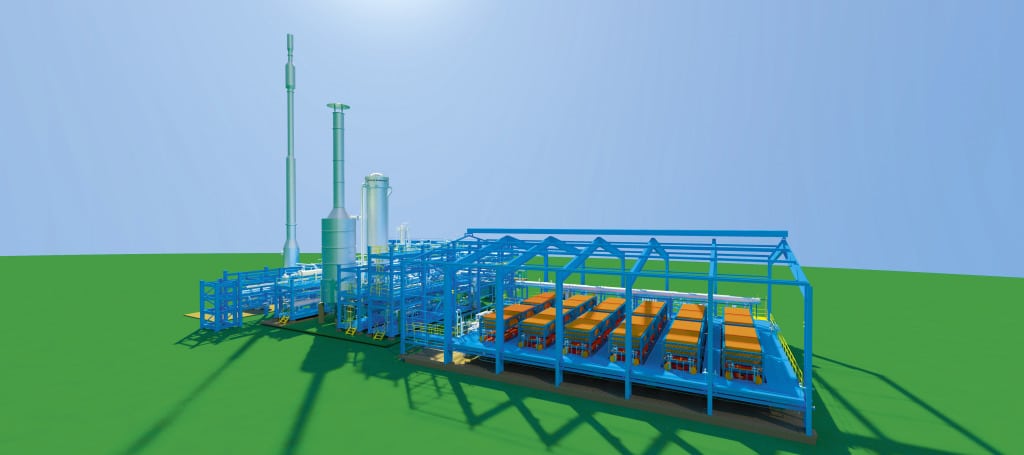thyssenkrupp Industrial Solutions (Essen, Germany; www.thyssenkrupp-industrial-solutions.com) has recently been awarded a contract to perform a feasibility study for a new green hydrogen project by the Australian hydrogen infrastructure company Hydrogen Utility (H2U). A 30-MW water electrolysis plant, as well as a facility for sustainable ammonia production, are planned to be constructed near Port Lincoln in South Australia. It will be one of the first ever commercial plants to produce CO2-free “green” ammonia from intermittent renewable resources.
Dr. Attilio Pigneri, CEO of H2U: “This project is an important milestone for Australia’s shift to a reliable renewable energy future. The new facility will provide balancing services to the national transmission grid, fast frequency response support to new solar plants under development, supply green ammonia and other chemicals to the local farming and aquaculture sectors. It will host the demonstration of novel supply chain technologies for the export of green hydrogen to markets in the Asia-Pacific region.”
The planned facility will integrate different hydrogen technologies, including a multimegawatt electrolyzer plant and an ammonia production facility with a capacity of 50 tons per day. Both plants will be based on thyssenkrupp technology. A 10MW hydrogen-fired gas turbine and 5MW hydrogen fuel cell will supply power to the grid.
Sami Pelkonen, CEO of the Electrolysis & Polymers Technologies business unit of thyssenkrupp Industrial Solutions: “We are very excited to work together with H2U in their projects to support Australia on its way into a sustainable future. In doing so, we are building both on our innovative technology solutions as well as on thyssenkrupp Industrial Solutions’ regional and local footprint and long heritage as a partner to the region.”
